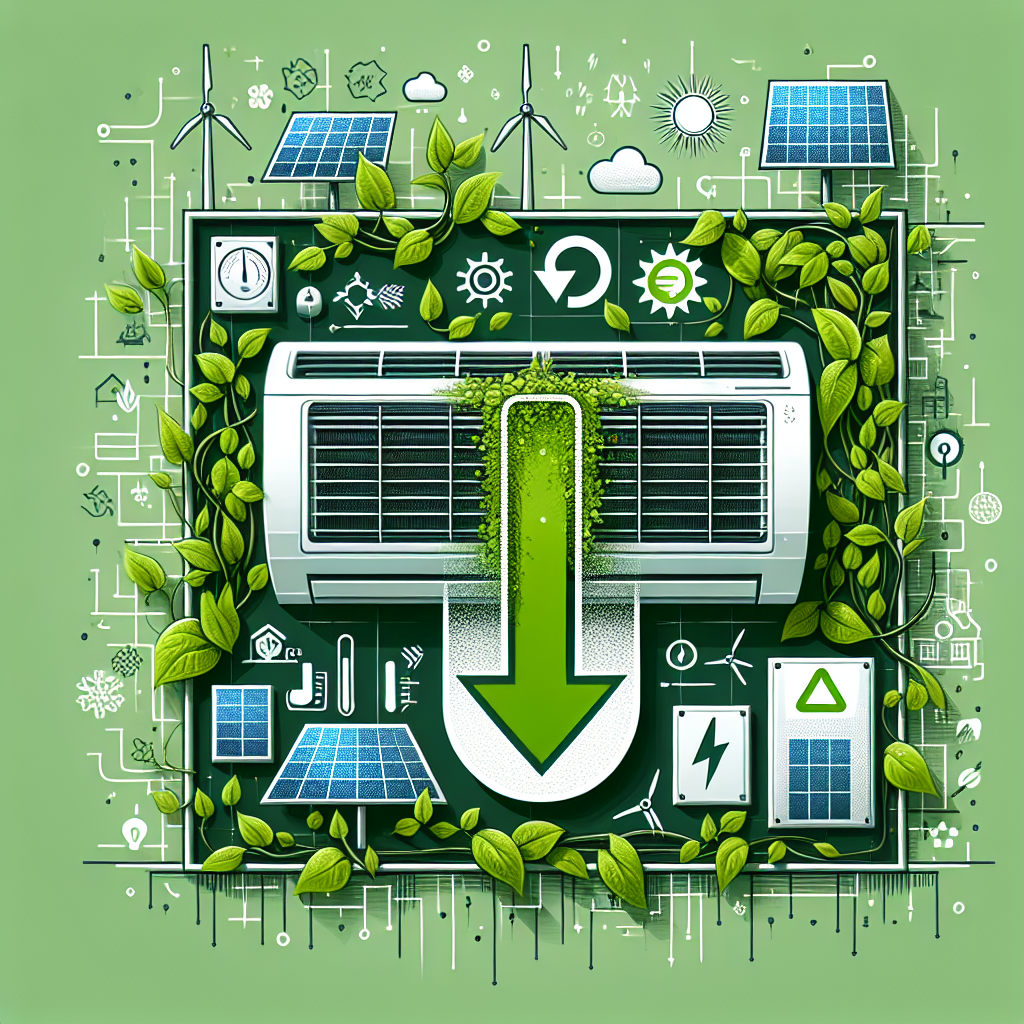Your cart is currently empty!
The Environmental Impact of Air Conditioning: How to be More Energy Efficient

Air conditioning is a crucial part of modern life, especially in regions with extreme temperatures. However, the environmental impact of air conditioning cannot be ignored. The energy used to power air conditioning units contributes to greenhouse gas emissions, which in turn accelerates climate change. In fact, air conditioning is responsible for a significant portion of global energy consumption and carbon dioxide emissions.
So, how can we be more energy efficient when it comes to using air conditioning? Here are some tips to help reduce the environmental impact of cooling our homes and offices:
1. Use a programmable thermostat: By setting your thermostat to a higher temperature when you are not at home or asleep, you can save energy and reduce your carbon footprint. Programmable thermostats allow you to set a schedule for when your air conditioning should be on and off, ensuring that you are only cooling your space when necessary.
2. Keep your air conditioning unit well-maintained: Regular maintenance of your air conditioning unit can improve its efficiency and reduce energy consumption. Make sure to clean or replace air filters regularly, check for leaks in ductwork, and schedule annual inspections with a professional HVAC technician.
3. Use fans to supplement your air conditioning: Ceiling fans or portable fans can help circulate cool air more effectively, allowing you to set your thermostat to a higher temperature without sacrificing comfort. Fans use much less energy than air conditioning units, making them a more sustainable option for cooling your space.
4. Install energy-efficient windows and insulation: Proper insulation and energy-efficient windows can help keep cool air inside your home or office, reducing the need for constant air conditioning. Investing in these upgrades can also lower your energy bills and decrease your environmental impact.
5. Consider using natural ventilation: Opening windows and using natural ventilation techniques can help cool your space without relying on air conditioning. In mild weather, take advantage of natural breezes to keep your home comfortable and reduce your energy consumption.
6. Upgrade to a more energy-efficient air conditioning unit: If your current air conditioning unit is outdated, consider upgrading to a newer, more energy-efficient model. Look for units with a high energy efficiency rating (SEER) to reduce your energy consumption and lower your carbon footprint.
By implementing these energy-efficient practices, you can reduce the environmental impact of air conditioning and contribute to a more sustainable future. Making small changes in how we use and maintain our air conditioning units can make a big difference in reducing energy consumption and combating climate change. Let’s all do our part to be more mindful of our energy usage and strive for a greener, more sustainable world.

Leave a Reply